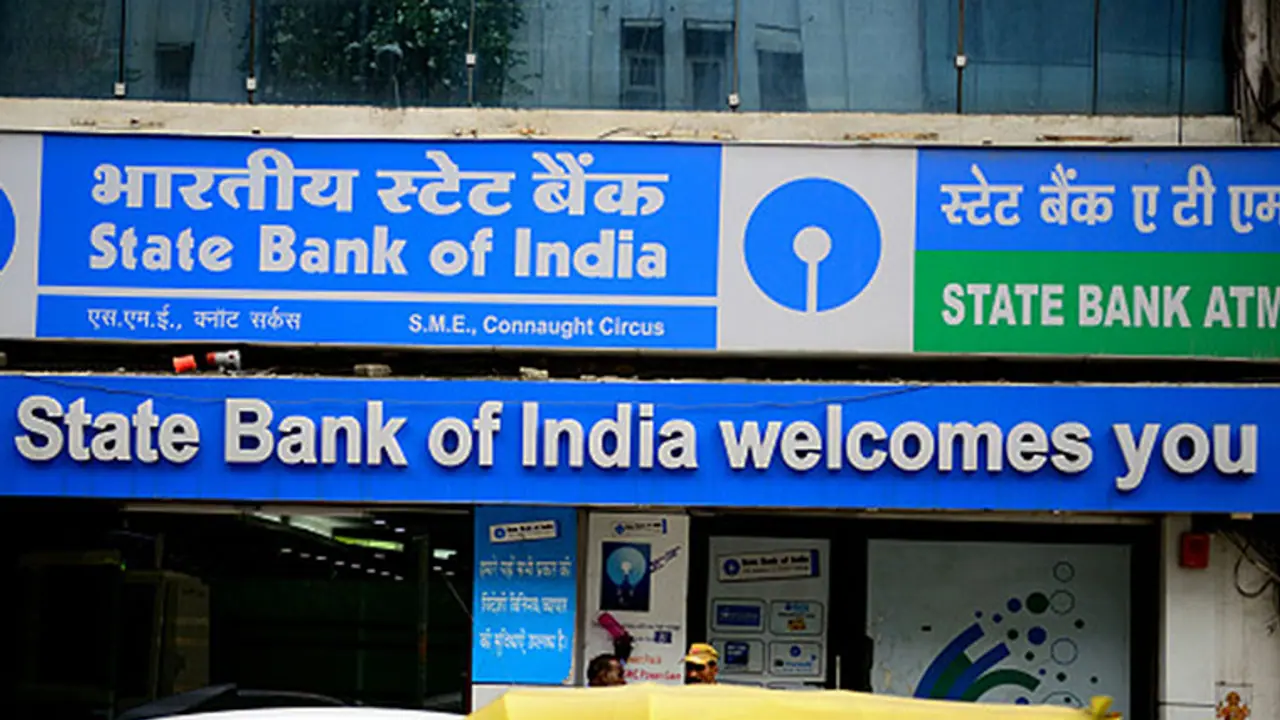The merged entity will have 22,500 branches and 58,000 ATMs serving a customer base of over 50 crore. SBI has close to 16,500 branches, including 191 foreign offices across 36 countries
Moving a step closer to the creation of a global-sized bank with assets worth over Rs 37 lakh crore, the SBI board today approved the merger of its five associate banks and Bharatiya Mahila Bank with itself.

It also finalised the share swap ratio for three of the listed subsidiaries and BMB.
"The central board of directors today approved the merger of State Bank of Bikaner & Jaipur (SBBJ), State Bank of Mysore (SBM), State Bank of Travancore (SBT) and BMB," the country's largest lender said in a regulatory filing.
As per the merger proposal, SBBJ shareholders will get 28 shares of SBI (Rs 1 each) for every ten shares (Rs 10 each). Similarly, SBM and SBT shareholders will get 22 shares each of SBI for every ten shares they hold.
In the case of Bharatiya Mahila Bank, 4,42,31,510 shares of SBI will be swapped for every 100 crore of BMB shares having a face value of Rs 10.
The two unlisted subsidiaries are fully owned by SBI.
The merger will create a banking behemoth of global scale with a balance sheet of ₹37 trillion or over $555 billion, making it one of the top 50 global financial powerhouses. The merged entity will have 22,500 branches and 58,000 ATMs serving a customer base of over 50 crore.
SBI has close to 16,500 branches, including 191 foreign offices across 36 countries while the five subsidiaries have nearly 6,000 branches.
"The share swap ratio is favourable to minority shareholders. We are confident that the ratio would be largely acceptable to all shareholders," SBI Deputy Managing Director in charge of associates and subsidiaries Neeraj Vyas told PTI.
The board also approved the merger of two unlisted associate banks - State Bank of Patiala and State Bank of Hyderabad - with the parent, Vyas said.
Abizer Diwanji, Partner and National Leader for financial services at EY, which advised the share swap deal for SBI, said, "The ratio will be acceptable to all shareholders."
According to brokerage Religare Securities, barring SBM shareholders, the share allotment ratio is broadly even for all the holders.
"In our view, even if the allotment ratio is favourable or unfavourable for shareholders of associate banks, it is unlikely to make any difference since SBI holds 75-90 per cent in these banks," Religare said in a note.
Vyas of SBI said the bank would soon set up a grievance redressal committee to be headed by a retired high court judge to look into any issues of shareholders on the swap ratio.
Once the grievances are addressed, the bank will approach the Reserve Bank for its nod for the merger.
"We expect to forward the proposal to RBI towards the last week of September," Vyas said.
Last month, the Cabinet had cleared the merger plan.
During the June quarter earnings, Chairman Arundhati Bhattacharya had said the merger would lead to shuttering of the treasury desks of the merged entities, but ruled out a massive closure of retail branches.
She had clarified though that there will be a rationalisation of branches, especially in cities.
The over two century-old State Bank first merged State Bank of Saurashtra with itself in 2008. Two years later, State Bank of Indore was merged.
On Thursday, the SBI stock closed at ₹248.20, up 0.79 percent, on BSE, while SBBJ shares ended today at Rs 673.30 a piece, up 3.49 percent. SBM rose 2.06 percent to end the day at ₹621.70, and SBT closed at Rs 505.85, up 0.28 percent.
Meanwhile, a section of public sector bank employees will go on strike on September 2 along with central trade unions.
All India Bank Employees' Association (AIBEA) will join the all-India general strike to protest against the central government's "anti-people economic policies and anti-worker labour reforms".
"Banking industry is no exception. In the banking, we are already aware of the government's continuous attempts to push through their reforms agenda aimed at privatisation of banks, consolidation," AIBEA said in a statement.
